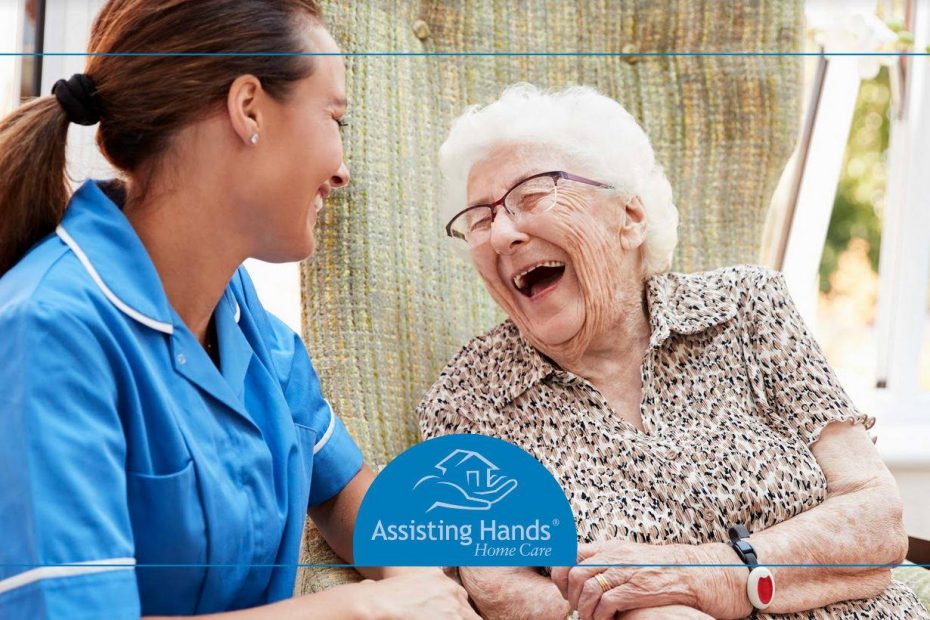The past two years has been a whirlwind for many, including seniors. The onset of the Covid-19 pandemic, the current Russia-Ukraine war, domestic politics, and personal challenges have been stressful. Here’s how resilient seniors manage their emotional health even through tough times.
While two-thirds of older adults report excellent emotional well-being, a proportionate few are ridden with anxiety, hopelessness, sleeplessness, depression, or a loss of interest in doing pleasurable activities. These seniors report experiencing some level of negative emotions within the past year.
Resiliency, however, helps even stressed and anxious seniors bounce back from trying times. More than half of adults over 50 rate a high level of resilience: 8, 9 or 10 out of 10. While the majority say their level of resilience has remain unchanged, a few reports an increase.
Nevertheless, a decline in emotional well-being should not be dismissed, as it is not a normal aspect of aging. Managing emotional health can be accomplished by making minor lifestyle changes, incorporating stimulating activities into each day or even through mental health treatments.
-
Exercise Daily
Adhering to an exercise program is key to maintaining or enhancing overall emotional well-being. An additional and obvious benefit is the improvement of physical health. Being physically active on a regular basis boosts confidence as well as helps manage stress, anxiety, and depression in seniors.
An ideal exercise regimen for seniors may include stretching or yoga. Muscle-strengthening, endurance, balance, and flexibility exercises benefit older adults in a myriad of ways. Promote healthy aging by establishing an exercise routine that includes frequency, type, intensity, and time—and stick with it.
-
Engage Socially
Older people may have a more difficult time staying connected with friends and family. Long-time friends or close relatives may have passed away; mobility challenges can limit social visits; and cognitive decline can interfere in the maintenance of social ties.
Nevertheless, it is critical for seniors to keep in touch with the important people in their lives. Social seniors are more likely to stave off loneliness and isolation, both of which can lead to depression and cognitive decline. Connecting with old friends these days, however, is doable.
Technology has made it easier for seniors to chat with friends across town or grandkids on the weekends. FaceTime, Zoom, and Skype are just a few tools that connect people. Some seniors may prefer old-fashioned letter writing or simply picking up the phone.
-
Start a Hobby
Boredom can lead to negative repercussions for emotional health. Staying active is important even after retiring from the workforce. Seniors are at an ideal stage in their lives to pursue dreams they’ve pushed to the wayside. After all, older folks have the time and financial resources to do so.
Seniors who pick up a hobby, like shadow boxes, increase the neuroplasticity in their aging brains. Cooking an exotic new dish, quilting, or woodworking are also accessible hobbies for older adults. The emotional rewards of comfort and feeling a sense of belonging improve seniors’ emotional health.
-
Volunteer
Opportunities to volunteer for a cause are plentiful. Whether a senior donates her time to a local food bank or to a local hospital, organizations in need of help will prize their services. Seniors who volunteer soon become a valued part of the community and benefit from improved emotional health.
Everyone involved in the volunteer efforts are rewarded. Seniors make new friends when they lend their expertise or time to help a fledgling organization. Mentoring young, career-minded professionals helps older people remain socially engaged in a way that is meaningful to them.
-
Care for a Pet
Furry friends are in as much need of companionship as seniors. Caring for a dog or cat is another way that seniors manage their emotional well-being. Bringing a pet into the household, when appropriate, creates a bond between the senior and pet, one that can lower stress and increase happiness.
Additional emotional health benefits of caring for an animal include decreased feelings of loneliness and increased opportunities for socialization. If owning a pet is impractical, animal-loving seniors can receive similar benefits by volunteering their time at a local animal shelter.
-
Work Out the Brain
Brain exercises not only keep the brain sharp, but also significantly boost seniors’ emotional well-being. Stimulating mental activities sharpen memory, improve reasoning, and accelerate information processing. Seniors are encouraged to aim for 30 minutes of brain exercises daily to benefit.
Aging adults might enjoy piecing together a jigsaw puzzle, reading books, learning to play an instrument, cooking new dishes, or working on crossword puzzles. Especially when pursuing these activities in the company of others, seniors simultaneously have the opportunity to socialize.
When seniors are unable to drive to the senior center for an afternoon of card games or need encouragement to start a hobby, the caregivers from Assisting Hands Home Care can help. We are a leader in compassionate elder care and ensure seniors live a high quality of life.
As a reputable home care agency with a team of companion caregivers, we not only support seniors with the activities of daily living, but remain an invaluable source of friendship and comfort. By socializing with our caregivers, seniors avoid feelings of loneliness, isolation, and depression.
Companion care services from Assisting Hands Home Care include help with personal hygiene tasks, transportation, grocery shopping, meal preparation, light housekeeping, medication reminders, and fall-risk assessments. Our comprehensive services meet the daily non-medical needs of older individuals in our care.
Our licensed and bonded caregivers are available for a variety of schedules. We can support seniors intermittently through respite care (when the family caregiver is away) or on a long-term basis. Our care plans are flexible and can be updated as the senior’s care needs change over time.
All Assisting Hands Home Care caregivers are licensed, bonded, and insured to give families and their elderly loved ones peace of mind. Consult our home care agency when the senior in your life would benefit from companion care. Call us at (262) 510-0905 for an in-home consultation and to start quality elder care.


















